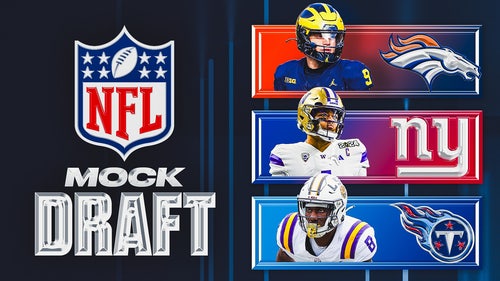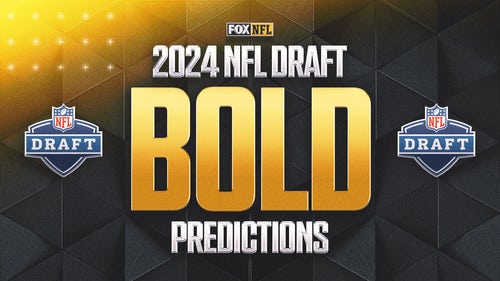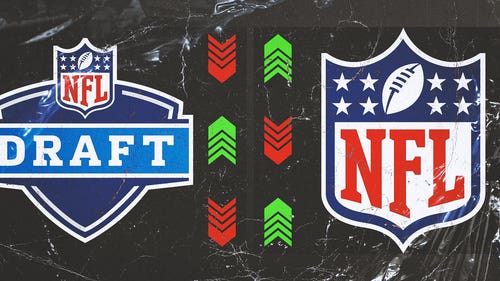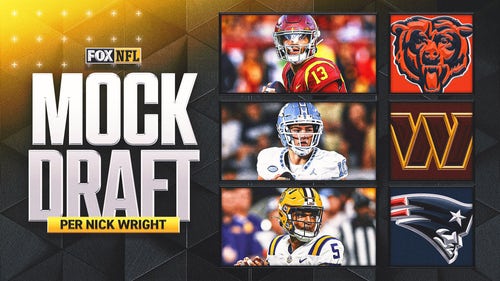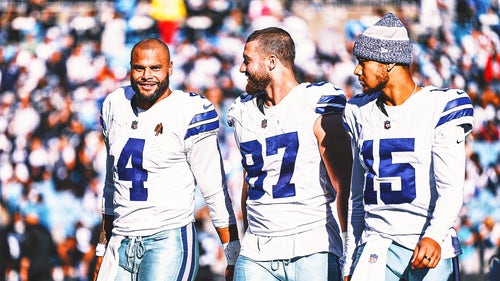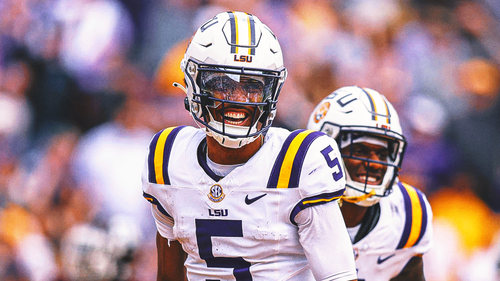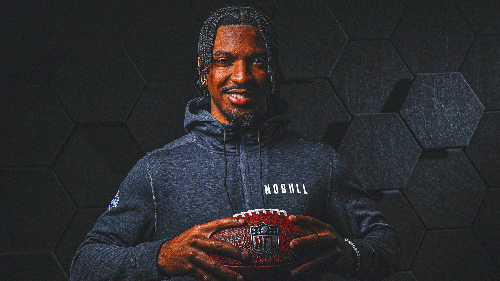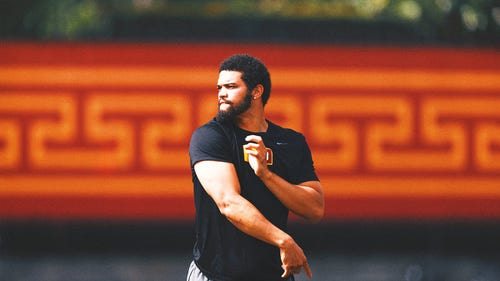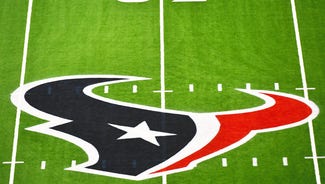
Athletes want us to STFU? Good for them
Arian Foster called us “sick,” and Chris Johnson told us to “STFU.”
My first thought was a few NFL types may want to work on their people skills.
On second thought, good for them.
The Official Religion of 20-somethings everywhere, Twitter, has given athletes an unfiltered voice that a few, not shockingly, have used to say whatever naughty little thoughts happen into their brain. Even less shocking is how fans and media have gone slightly apoplectic about having a 140-character window into this inner athlete dialogue.
He shouldn’t say that.
He can’t say that.
He can’t think that.
Why, yes, yes he can. Why not? Do we not say likewise about them?
We can debate how fiscally responsible it is for athletes to verbally eviscerate fans, but for us to act outraged is highly hypocritical. The ugly truth is fans do not particularly like athletes unless they a) play exceedingly well for their team for an extended period with few hiccups; b) happen to be signing something for them; or c) always say and do the right thing, which is also to say almost never.
We cheer for laundry, as Jerry Seinfeld so famously noted, and we tolerate the warm bodies inside until they screw up. Then we turn on them with venom. I say this not to imply “poor little millionaires,” because many of them seem to hold fans in similarly low regard, viewing them as jock sniffers clamoring for scrawled chicken scratch and to be tolerated only when paid to do so.
What is different now is each side kind of knows what the other thinks. They want us to STFU, and we want them to shoot themselves up with painkillers — not for their team but for ours, whatever wacky nickname we gave to whatever players we took in our fantasy football drafts. And we say all of this.
Welcome to Twitter, a site I am absolutely addicted to.
It has had the effect of putting thought bubbles above everybody. We now have access to what Bill from accounting, Alec Baldwin and LeBron James think at any given moment, and we have been invited to join in with two tiny little words.
“What’s happening?” Twitter asks.
What I have determined is, most of the time, what is on our minds is snarky and mean and selfish. Add in any level of anonymity, and all hell breaks loose. The cesspool of racist and sexist and grammatically suspect meanness presented under witty pseudonyms often stuns me, and being stupid rich or crazy athletic or exceedingly beautiful seems to attract more ugly.
Some deserved, most not.
And yet we get mad when they get mad.
Take Johnson, who until Thursday had been in a dragging contract dispute with The Titans. He wanted a lot of guaranteed cash. Tennessee wanted to pay him significantly less cash. Fans being fans were unconcerned — for $50 billion or for free, “Just play, dude” seemed to be the popular sentiment. And at least a decent hunk of fans were especially irate fantasy football GMs wondering if they should draft him.
And he tweeted what a lot of athletes have to be thinking when fans rip into them for being exactly like us — concerned about our ours: our money, our health, our problems.
“Can these fake Titan fans STFU on my timeline I don’t have a regular job so don’t compare me to you and I can care less if uthink I’m greedy.” That came so closely on the heels of Foster’s “4 those sincerely concerned, I’m doing ok & plan to 2 B back by opening day. 4 those worried abt your fantasy team, u ppl are sick” tweet it raised questions:
Do athletes even like fans? And how much do we really care about them?
Because the days of loving athletes for winning alone seems long gone, lost in a how-many-points-did-he-score-for-my-fantasy-team insanity. Rushing for 99 yards is not enough when 100 is needed for fantasy bonus points, nor is getting tackled at the 1-yard line — especially if another player scores a minute later.
I have watched grown men cheer against the teams of their youth on "Monday Night Football" because they had the other defense in their fantasy league. I once spent a season — my only one participating in fantasy football — obsessively following Randall Cunningham to the point of stalker status because I had picked him up when my quarterback got hurt. I finished second that year thanks to sheer luck and Cunningham’s connections with a rookie named Randy Moss, who I thought would be motivated after the Cowboys passed him in the draft. I never played again, a decision I reached partially because of a 10-minute, expletive-laced rant I went on against Fred Taylor for being injured and killing my team.
Who knows what I would have tweeted, if Twitter had been around.
We want college athletes to play for free because it suits our narrative of Saturdays as pure. We want pro athletes to play in pain and for the love of the game because we think they should be happy to have such great jobs. We want athletes to care about our fake teams more than themselves, to hear our thought bubbles while staying silent.
And we wonder why they want us to STFU.
Makes perfect sense to me.






































































































































